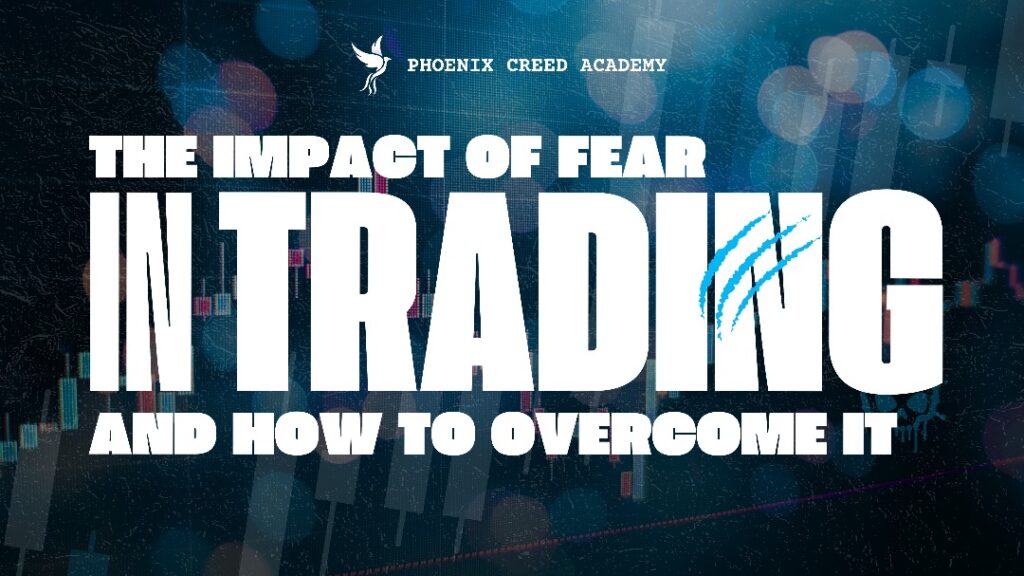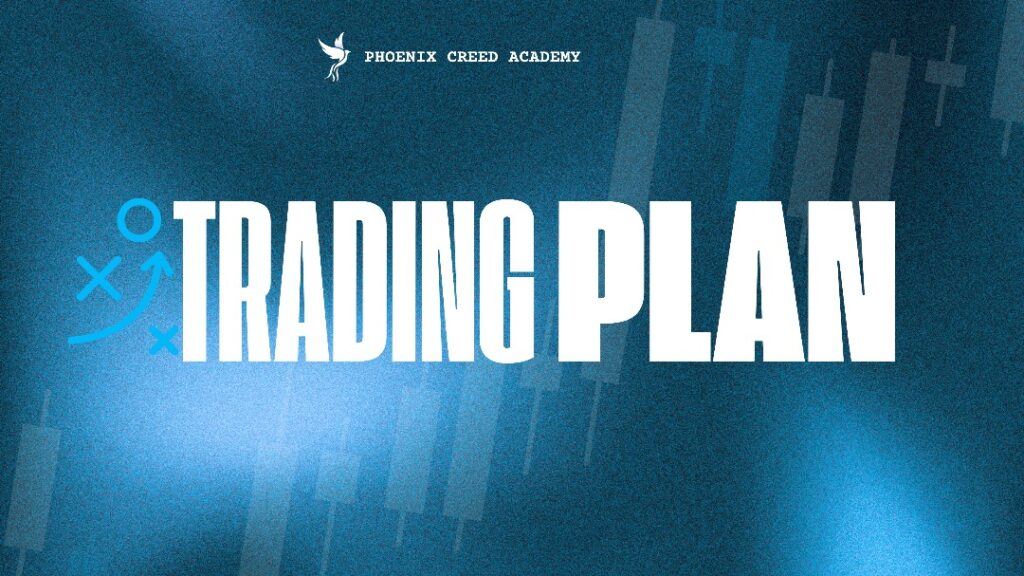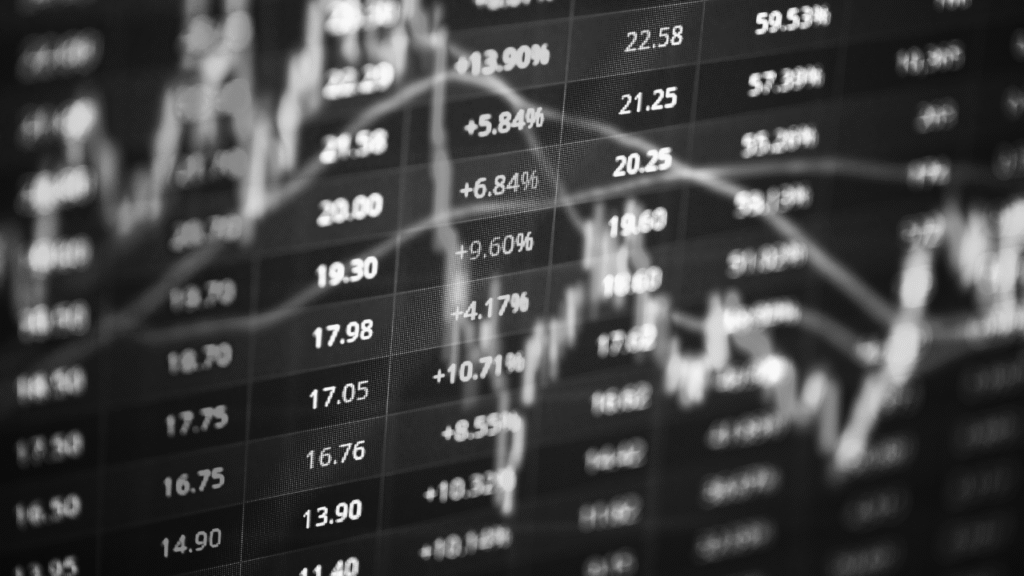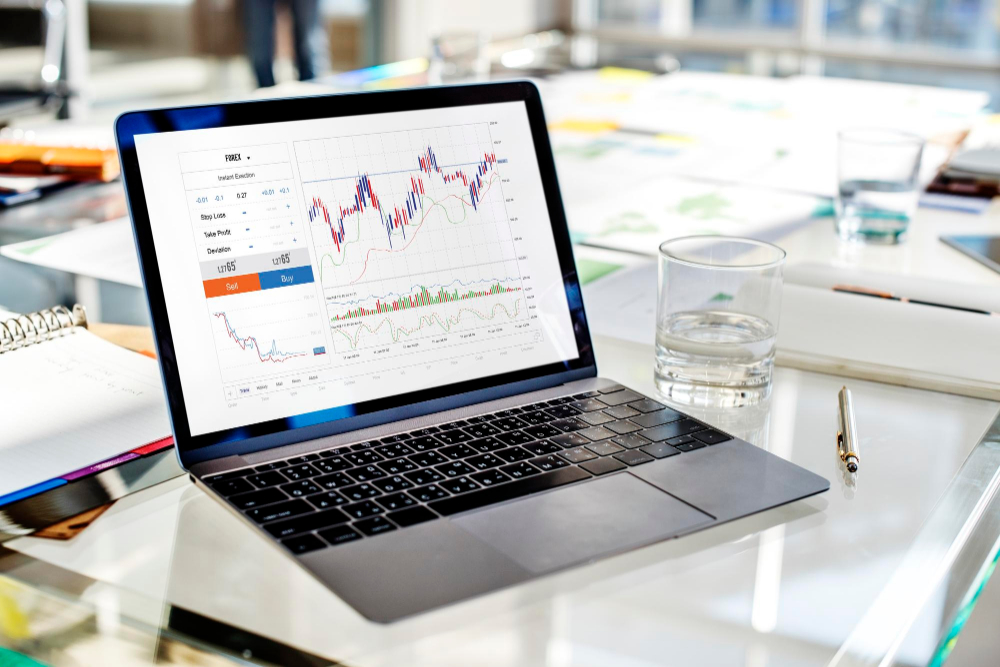The Impact of Fear in Trading & How to Overcome It

Introduction to Fear in Trading
- What is Fear in Trading?
- Fear is a natural emotion, and in Forex trading, it often manifests in several ways that affect decision making, leading to impulsive actions, missed opportunities, or poor risk management.
- The Three Faces of Fear:
- FOMO (Fear of Missing Out): The anxiety or compulsion to trade when you believe you’re missing out on a market move.
- Fear of Losing: The paralyzing fear of losing money, which may prevent you from executing trades or cause you to exit too early.
- Fear of Being Wrong: The fear of making mistakes or misinterpreting market signals, often resulting in hesitation or a lack of decisiveness.
- Why It Matters:
- Understanding these fears is crucial because they affect the actions that lead to either success or failure in trading. Overcoming these fears is key to achieving consistent, profitable trading.
The Three Faces of Fear in Forex Trading
- Fear of Missing Out (FOMO):
- Definition: FOMO is the anxiety that traders feel when they see a move happening in the market, and feel they need to jump in, even if it’s not part of their strategy. It’s the urge to catch every opportunity, driven by the belief that missing a trade will result in regret.
- How it Affects Traders: FOMO leads to impulsive, emotional trading where traders enter positions late, ignore their analysis, or abandon their trading plan in favor of immediate action.
- Actionable Solution:
- Stick to your plan: Set clear entry and exit points before the trade to avoid reacting to emotions.
- Avoid watching the market too closely: This reduces temptation and lets you trade based on strategy rather than fear of missing out.
- Trust that other opportunities will come: The market is full of trades, and not every movement requires your involvement.
- Fear of Losing:
- Definition: This is the fear that arises when traders hesitate to enter or exit a trade due to the possibility of incurring a loss. It’s the concern that a trade might go against them, preventing them from taking necessary risks.
- How it Affects Traders: It can lead to decision paralysis (not taking any trades) or premature exits from trades, both of which diminish profitability over time.
- Actionable Solution:
- Use risk management tools: Employ stop losses and appropriate position sizing to minimize risk.
- Shift your focus to the long-term: Each trade is part of an overall strategy, so one loss doesn’t define your performance.
- Embrace small, manageable risks: Starting small helps to reduce the emotional load of losses and builds confidence over time.
- Fear of Being Wrong:
- Definition: This is the fear of making a wrong decision, misinterpreting the market, or simply being incorrect in a trade. It leads to overthinking and hesitation to act, fearing the consequences of being wrong.
- How it Affects Traders: This fear can lead to hesitation or second-guessing your analysis, missed opportunities, and inconsistent trading decisions.
- Actionable Solution:
- Trust your analysis and stick to your plan: If the setup fits your strategy, take the trade. Don’t overthink it.
- Learn from mistakes: Accept that being wrong is part of the journey. Every loss is an opportunity to learn and improve.
- Reduce pressure by trading smaller: By starting with smaller positions, you can reduce the emotional risk of making mistakes.
Consequences of Fear in Forex Trading
- Impaired Judgment: Emotional trading decisions based on fear lead to inconsistency and illogical trades.
- Inconsistent Results: Fearful decisions often result in erratic profits and losses, causing traders to deviate from their strategies.
- Stress and Burnout: Constantly battling fear can lead to psychological stress, draining your focus and energy.
Actionable Steps to Overcome Fear in Forex Trading
- Develop a Solid Trading Plan: A clear plan keeps emotions in check and provides a roadmap for entering and exiting trades.
- Use Effective Risk Management: Set stop losses, adjust position sizes based on your risk tolerance, and protect your capital.
- Shift the Focus from Winning to Process: Focus on executing a good trade rather than on the outcome of each individual trade.
- Practice Emotional Awareness: Recognize when fear is taking over and pause to reflect before acting.
- Trade Small and Scale Gradually: Start with small trades to build confidence and reduce emotional pressure.
- Learn from Mistakes: Accept that losses are inevitable and analyze them to improve your strategy.
Conclusion
- Fear is a powerful emotion in trading, but it doesn’t have to control your decisions. By understanding the three faces of fear: FOMO, fear of losing, and fear of being wrong and applying the right strategies, you can keep your trading grounded in logic and consistency.
- Embrace the fact that fear is a part of the trading process, but don’t let it dictate your actions. Use it as a signal to pause, reflect, and reassess rather than react impulsively.





Responses